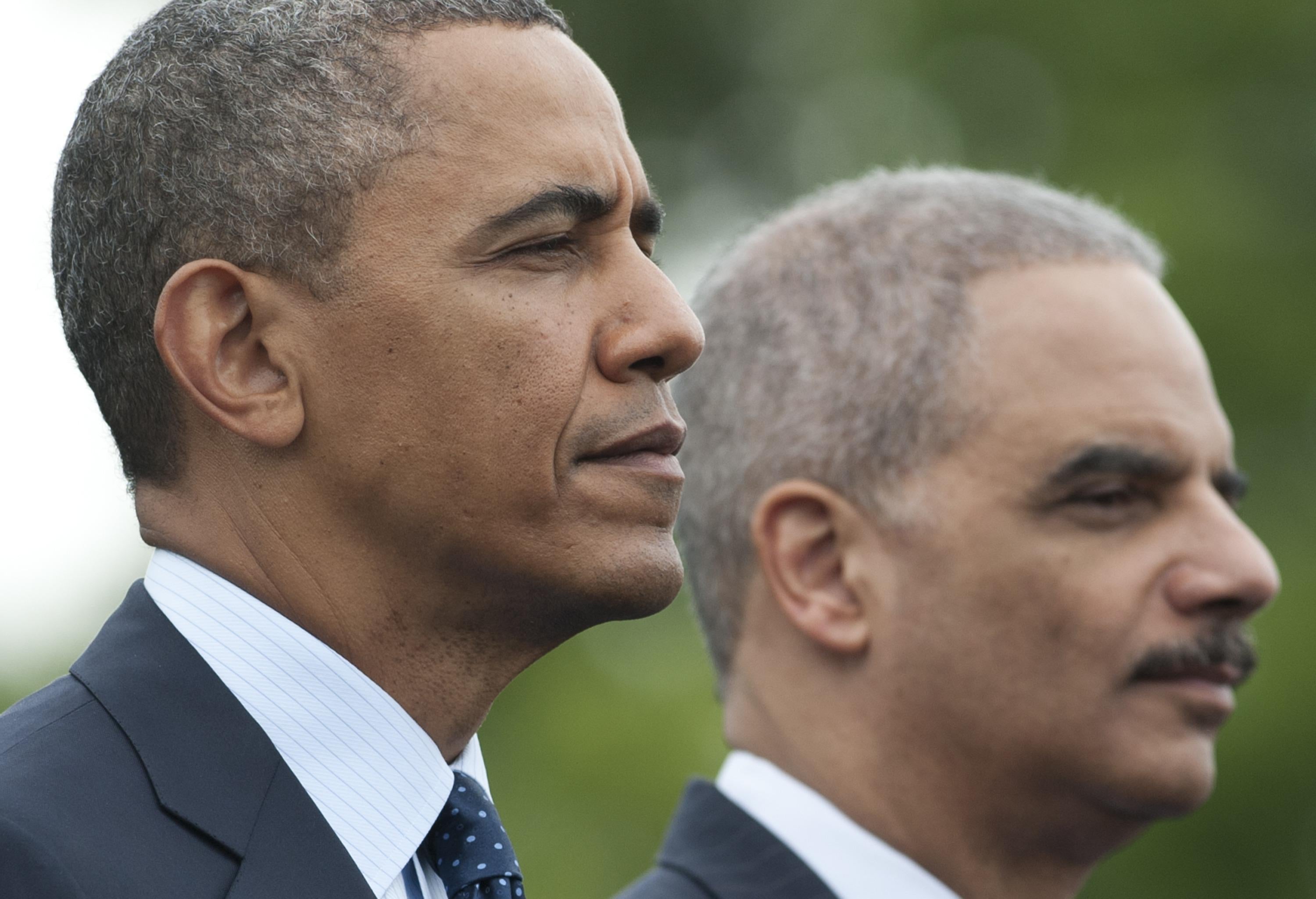The White House, currently taking a pounding from civil libertarians and reporters for the Justice Department’s sweeping grab of the Associated Press’ phone records, offered something of an olive branch today in the form of its support of a so-called press shield bill, one that would provide some cover for journalists who don’t want to reveal their confidential sources to federal officials. The bill was introduced by New York Sen. Chuck Schumer back in 2009 and subsequently passed out of committee, but ultimately withered in the full Senate, as things tend to do.
Obama is now asking Schumer to revive his bill, an announcement clearly timed to combat some of the criticism currently coming the president’s way. Given that, it’s important to note that it’s unclear—and perhaps unlikely—that the specific legislation in question would have prevented the DoJ from seizing the AP’s phone records. The more likely scenario appears to be that the department would have simply needed to jump through an extra judicial hoop or two to secure a national-security exception, possibly without ever informing the AP beforehand. That’s because the White House-backed proposal creates an uneven playing field in cases of national security. The New York Times explains how:
Under the 2009 bill, which was negotiated between the newspaper industry, the White House and the Judiciary Committee, the scope of protection for reporters seeking to shield the identities of their confidential sources or the calling records showing with whom they had communicated would vary according to whether it was a civil case, an ordinary criminal case or a national security case. …
Cases involving the disclosure of classified information — as in the investigation into The A.P.’s disclosure of a failed bomb plot in Yemen last spring — would be even more heavily tilted toward the government. Judges could not quash a subpoena through a balancing test if prosecutors could show that the information sought might help prevent a future terrorist attack or other acts likely to harm national security.
So while the proposed law would be a step in the right direction because it would at least give a judge the chance to review such requests, those cases dealing with national security would still be subject to rather meaty exception. Likewise, the current bill as written would decrease the chances the DoJ would have been able to do what it did in complete secrecy, but it wouldn’t have taken that possibility completely off the table. A provision in the bill still provides an opportunity for the government to seek a delay of up to 90 days in notification if they can convince a judge that such notice would harm their investigation, according to the Times. The DoJ cited a similar existing exception in its letter to the AP last week explaining the lengthy delay in notifying the AP this time around.
In a statement hyping the bill, the best Schumer could offer was relative praise: “At minimum, our bill would have ensured a fairer, more deliberate process in this case.” The Times, likewise, offers the same sort of caveat, concluding that it’s “not clear whether such a law would have changed the outcome” of the DoJ’s AP subpoena. One reason why there’s so much uncertainty is the simple fact that it remains unclear what legal device the DoJ used in the first place.
Elsewhere in Slate: Emily Bazelon explains why the Obama administration’s leak investigations are outrageous and unprecedented.
